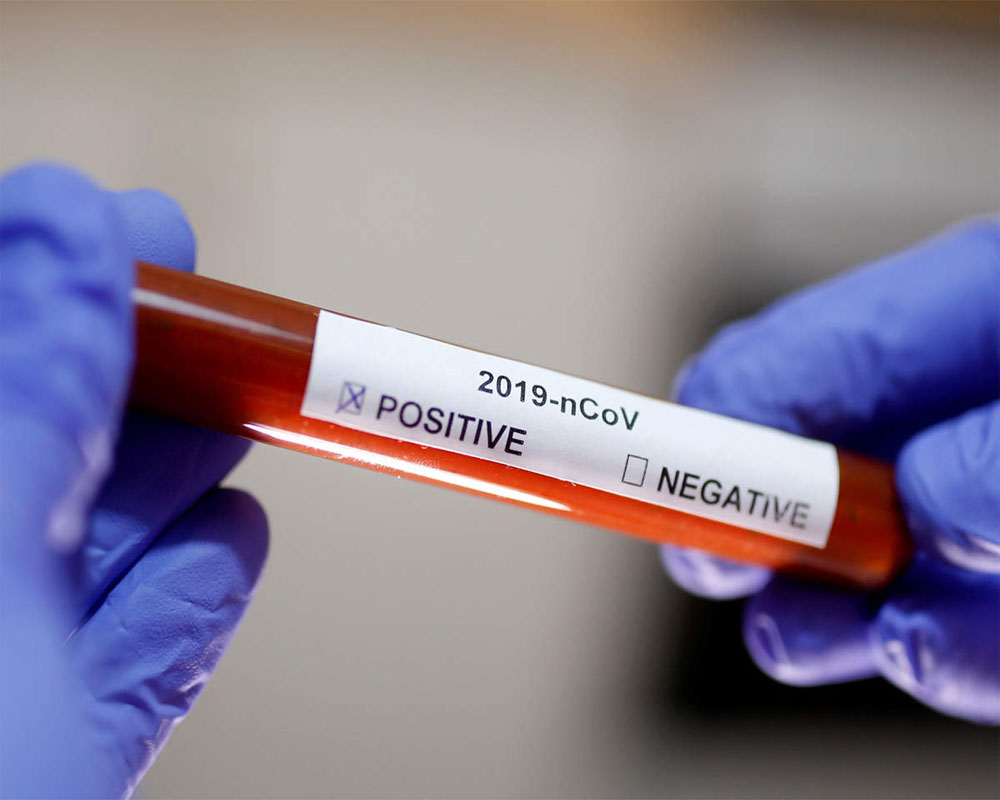Prior infection with the novel coronavirus provides protection against reinfection, according to a new study in hamsters which showed that treatment with convalescent serum limits virus replication in their lungs.
Researchers, including Yoshihiro Kawaoka from the University of Wisconsin-Madison in the US, demonstrated that both low and high doses of the novel corovirus, SARS-COV-2 replicate well in the airways of juvenile as well as adult hamsters.
"SARS-CoV-2-infected hamsters mounted neutralising antibody responses and were protected against rechallenge with SARS-CoV-2," the study, published in the journal PNAS, noted.
They said the virus can also infect both the upper and lower respiratory tracts, causing severe disease in the lungs of infected Syrian hamsters.
According to the research, the lung injuries seen in the hamsters include lesions in X-ray scans called "ground glass opacities" which are also reported in human COVID-19 patients.
The scans also revealed a region of gas in the cavity surrounding the hamsters' lungs, which according to the scientists indicated severe lung damage.
They said the most severe effects were observed within eight days after infection, and improvement seen within 10 days, after which the scientists said they no longer detected virus in the organs of most of the hamsters.
However, the study noted that lung damage persisted for 14 days in a majority of the animals, and for at least 20 days in most of those infected with a high dose.
In the research, the scientists were able to detect virus in all of the respiratory organs of the infected hamsters within six days of infection, and also from samples collected from their brains.
They also found the virus in portions of the brain's olfactory bulb, which is involved in smell.
According to the study, the initial dose of the virus did not affect how much of it was ultimately found in the hamster organs.
In order to determine whether the hamsters developed antibodies against the virus which protected them from reinfection, the researchers administered another round of the virus to a number of the same animals about three weeks following initial infection, and were unable to detect virus in their respiratory tracts.
They found the virus in the airways of control animals which were not previously infected.
"The animals all possessed antibodies and did not get sick again, which suggests they developed protective immunity, said study co-author Pete Halfmann from the University of Wisconsin-Madison.
"But we still can't say how long this protection lasts," Halfmann added.
In the study, the researchers also assessed the effectiveness of convalescent plasma treatment in hamsters.
They infected new hamsters with the novel coronavirus and then gave them antibody-laden sera from other recovered hamsters either one day or two days following infection.
Hamsters that received this treatment within a day of infection had much lower amounts of infectious virus in their nasal passages and lungs than those given a mock treatment, the scientists said.
The study noted that the hamsters which received sera on day two showed a less appreciable benefit, though they still had lower levels of virus in their respiratory organs compared to control animals.
"This shows us that convalescent sera, still experimental in human patients, may be part of an effective treatment for COVID-19," Kawaoka said.


























